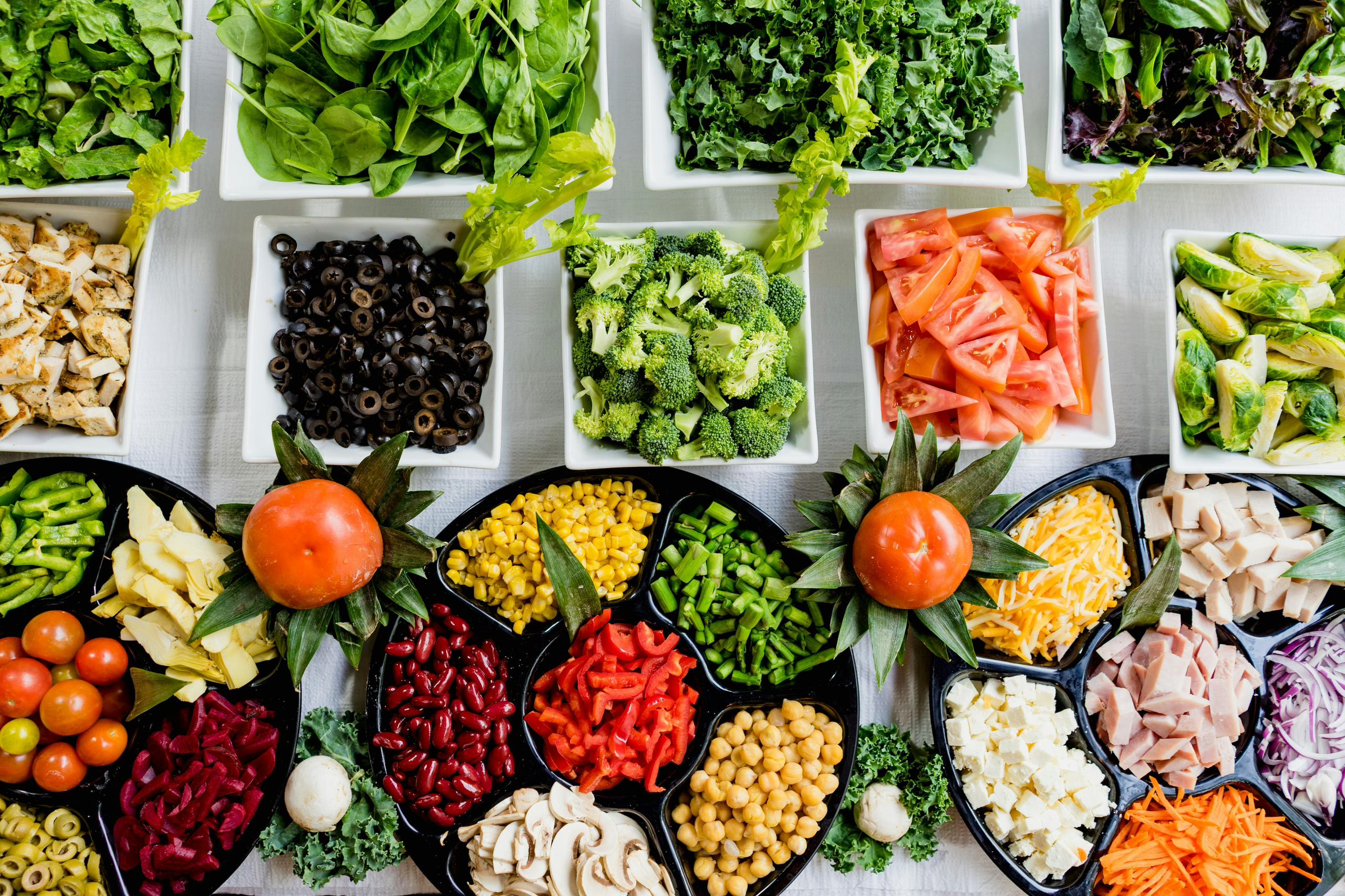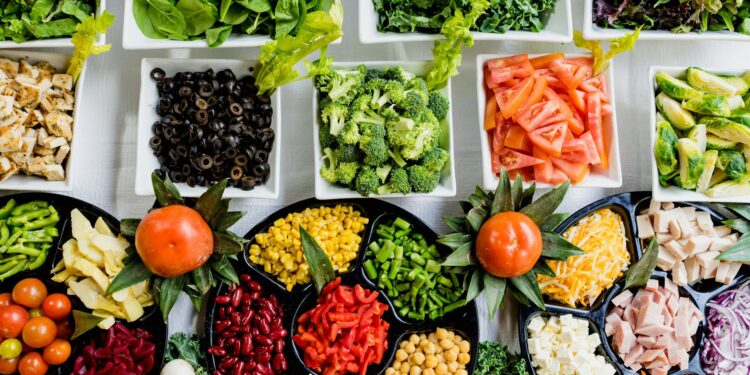President Bola Tinubu has again promised Nigerians that his government is working to reduce food prices. He has directed a Federal Executive Council committee to move quickly and make sure farm produce can move safely across transport routes. The idea is that if goods move easily, logistics costs will reduce and prices will come down.
The Minister of State for Agriculture and Food Security, Senator Aliyu Sabi Abdullahi, explained this in Abuja during a workshop. He said the President’s order is part of a bigger plan for food sovereignty, which means not just producing enough food, but making sure it is affordable, accessible, and nutritious for the ordinary citizen.

Why Food Prices Keep Rising
Nigeria’s food crisis is not new. Every government promises cheaper food, but prices keep going up. The removal of fuel subsidy made things worse. Transporting goods from one state to another became more expensive, and insecurity on the highways makes it harder for farmers and traders to deliver their produce. When goods cannot move safely and cheaply, the costs fall on the final consumer.
Even when harvests are good, the price of food rarely comes down. Instead, traders often complain of multiple taxes, bad roads, and insecurity. By the time food moves from the farm to the market, the price has multiplied several times. This is why tomatoes, yam, and rice feel like luxury items to many households today.
Can Tinubu’s Plan Work?
The government says the safe passage plan and a Farmer Soil Health Scheme will help farmers produce more and reduce costs. There is also talk of a cooperative reform initiative to support rural farmers with resources and finance. These are important, but the question remains: will these measures be enough to make food prices crash?
History gives us reasons to doubt. Similar promises were made in past administrations, yet food inflation kept climbing. Nigeria’s problem is not just about production. It is also about storage, transport, insecurity, and even currency issues. A bag of maize might leave a farm at ₦15,000, but after storage problems, poor transport, and middlemen charges, it lands in the city at ₦45,000 or more.
The Bigger Picture
Tinubu has spoken about “Nigeria First” and food sovereignty, saying the country must learn to grow and eat what it produces. It is a fine speech, but speeches alone cannot reduce prices. Nigerians live in a country where insecurity still chases farmers from their land, where roads collapse under the weight of trucks, and where inflation makes the naira weaker every month. Without fixing these deeper issues, promises of cheaper food sound like recycled political talk.

Can Prices Ever Truly Crash?
If by crash we mean going back to the prices of ten years ago, the answer is almost certainly no. Inflation does not work that way. Prices rarely fall in Nigeria; they only slow down in how fast they climb. At best, government can stabilise prices, make food more available, and reduce the rate at which prices rise. That alone will feel like relief for many households.
For now, Nigerians will continue to hear about committees, schemes, and reforms. But until they see pepper, yam, rice, and bread sold at prices that do not swallow half of their salaries, all these plans will remain words on paper. The hard truth is that food prices in Nigeria may never “crash” in the way people hope, unless the government tackles insecurity, transportation, storage, and inflation together.

















